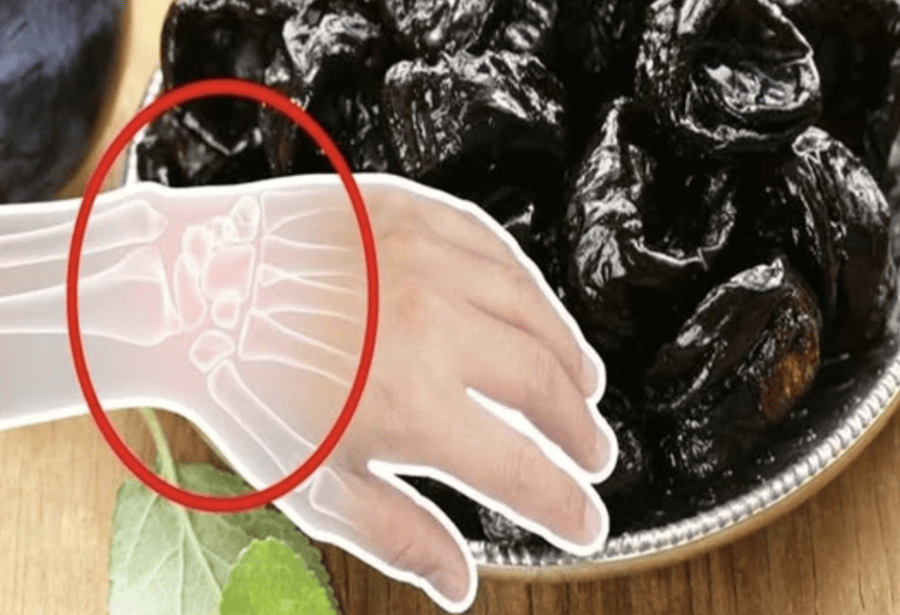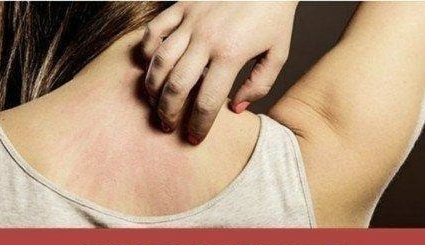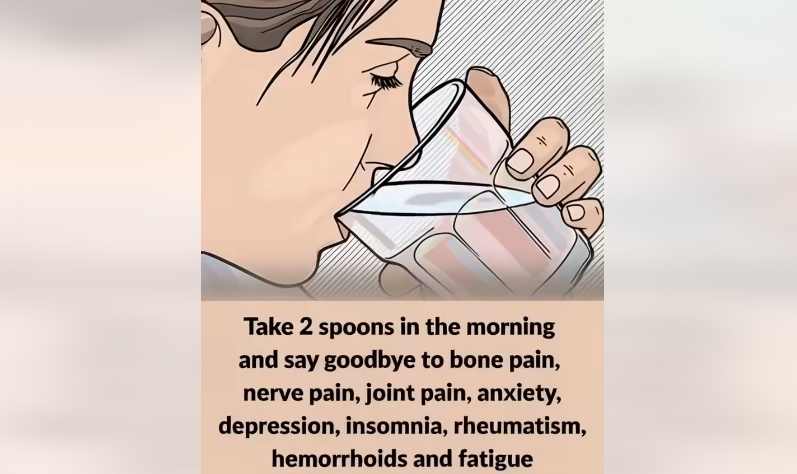Scientific studies highlight that, beyond age, a person’s lifestyle choices and dietary habits significantly influence the development of osteoporosis. Three widely consumed beverages can deplete calcium from the body, often without people realizing the consequences:
Alcohol
Frequent alcohol consumption can weaken bone density, hinder the formation of new bone tissue, elevate fracture risks, and delay bone healing after injuries. To maintain strong and healthy bones, avoiding alcohol is highly recommended. Furthermore, alcohol negatively affects various organs, making it wise to steer clear of this beverage entirely.
Coffee
Coffee is a popular daily drink, but excessive intake can interfere with calcium absorption. The caffeine in coffee reduces the amount of calcium absorbed in the intestines while increasing its excretion, which may contribute to osteoporosis over time. Additionally, consuming high amounts of caffeine can lead to muscle twitching, and some individuals may experience muscle discomfort during caffeine withdrawal. To support bone and joint health, limit coffee consumption to a moderate amount, ideally two to three cups per day.
Carbonated Soft Drinks
Dr. Felicia Cosma, an endocrinologist and Professor of Clinical Medicine at Columbia University in New York, identifies carbonated soft drinks as a key factor in accelerating calcium loss, which harms bone health. According to her findings, regularly consuming large quantities of these beverages is associated with lower bone density and a higher likelihood of fractures. These drinks also increase calcium loss through urine.
Research further reveals that carbonated soft drinks contain phosphoric acid, which disrupts the body’s calcium-to-phosphorus balance. To restore this balance, the body draws calcium from the bones, leading to potential calcium deficiencies. Additionally, the refined sugar in these beverages impairs calcium absorption in the small intestine. A study published in the American Journal of Clinical Nutrition in September 2014 found that individuals who consumed more carbonated soft drinks faced an increased risk of hip fractures. To safeguard your bones and joints, it’s best to minimize consumption of carbonated soft drinks.




